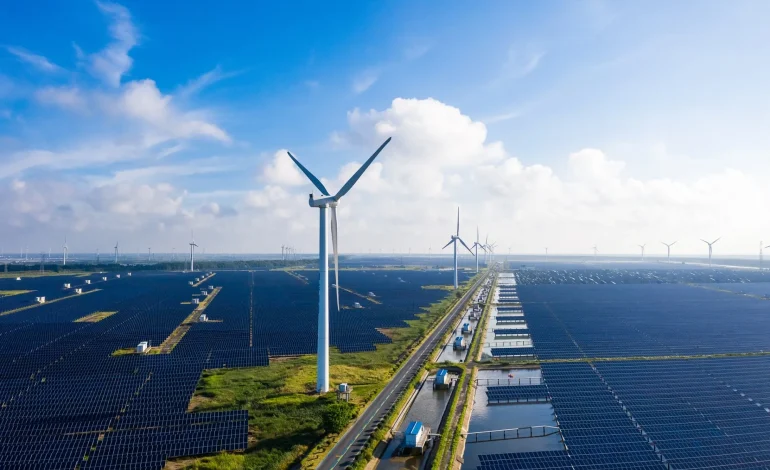Ren Zhengfei: Huawei’s Battle-Hardened Commander

How Huawei’s founder navigates sanctions, supply chain wars, and reinvention.
A Commander in Crisis
When Ren Zhengfei founded Huawei in 1987 with a modest investment, few imagined it would grow into one of the world’s largest telecom equipment makers. Yet Huawei’s rise has also made it a target: U.S. sanctions, global suspicion, and supply chain restrictions have forced the company into survival mode.
Through it all, Ren has emerged as a battle-hardened commander, steering Huawei through crises with pragmatism, patriotism, and relentless focus on technology.
Sanctions and Survival
Since 2019, Huawei has been cut off from advanced U.S. semiconductors and barred from selling in key Western markets. These moves threatened its crown jewels: 5G infrastructure and smartphones.
Instead of retreating, Ren doubled down on R&D in chips, cloud computing, and software, urging engineers to “fight a protracted war of self-reliance.” Huawei’s pivot has turned it from a pure telecom giant into a diversified tech ecosystem, spanning enterprise IT, cloud, and smart devices.
Leadership Philosophy
Ren Zhengfei is known for his military-style discipline and willingness to endure hardship. A former People’s Liberation Army engineer, his leadership blends rigor with adaptability.
He frames Huawei’s mission not only in business terms but also as a national cause ensuring China has technological independence. Employees describe him as both demanding and visionary, pushing the company to “always prepare for winter” even in times of success.
Betting on New Frontiers
Facing external pressure, Huawei has poured resources into new sectors:
- Cloud computing and AI, challenging Alibaba and Tencent in enterprise services.
- Electric vehicles, supplying intelligent components and autonomous driving systems.
- Satellite internet, working on constellations that could rival Starlink.
These moves reflect Ren’s philosophy that diversification is survival, ensuring Huawei cannot be crippled by restrictions in any single domain.
Global Reputation
Ren himself has become a symbol of China’s resilience. His rare public interviews emphasize cooperation over confrontation, portraying Huawei as a victim of geopolitics rather than an aggressor.
Yet Huawei’s role in global 5G networks remains polarizing. Some countries ban its equipment outright, while others adopt it for cost and performance advantages. This mixed reception highlights the geopolitical fault lines in which Huawei operates.
Finance and Supply Chains
Huawei’s survival strategy also extends to supply chain financing. To keep operations stable, the firm has worked with banks and fintech providers to ensure liquidity for suppliers squeezed by sanctions. In some pilots, digital settlement platforms have been used to maintain smooth trade with non-U.S. partners, reducing reliance on vulnerable intermediaries.
While little discussed publicly, these financial adjustments are as vital as R&D in ensuring Huawei’s endurance.
Ren’s Legacy
At 79, Ren Zhengfei is no longer involved in daily operations, but his presence looms large. His decision to rotate executives through leadership roles ensures institutional continuity, while his personal story from soldier to global CEO cements his status as one of China’s most iconic business leaders.
For many, Ren’s legacy is not just Huawei’s growth but also the playbook of resilience under pressure. His model demonstrates how Chinese firms can adapt when faced with global hostility, relying on patience, innovation, and sheer persistence.
Outlook: Huawei After Ren
Huawei’s future will depend on whether it can turn its survival pivots into long-term growth. Cloud, AI, and automotive sectors may define the company’s next decade.
For global readers, Ren Zhengfei’s story is a reminder that leadership is tested not in easy times but in crises. Huawei’s continued relevance proves that even under sanctions, a determined company can remain a global contender in the tech economy.






